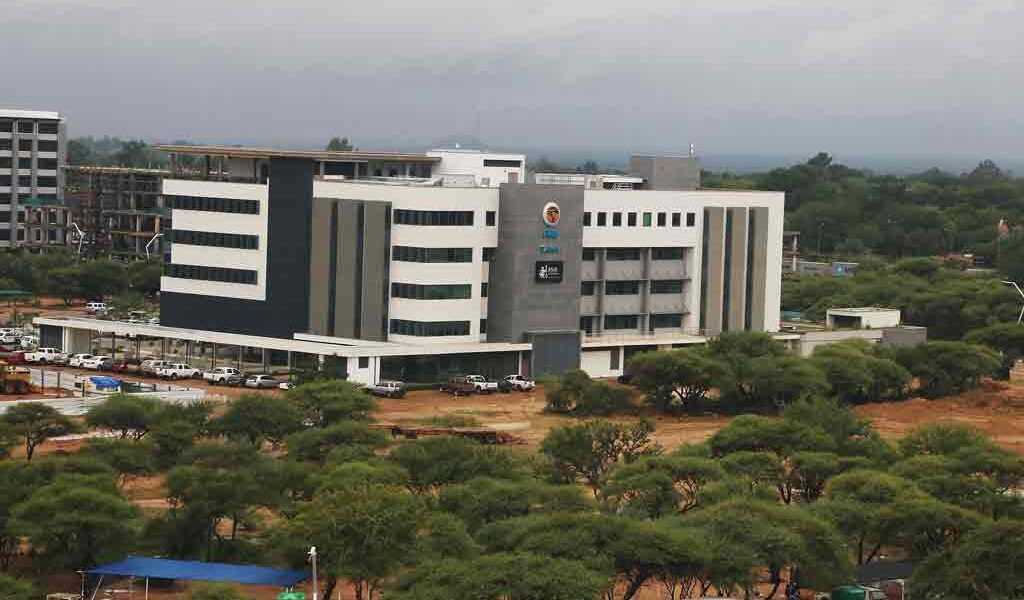“Bank of Botswana expects inflation trends to remain within the medium-term inflation objective of 3% – 6%, which is in line with our inflation forecasts.”
TSHIAMO TABANE
First National Bank of Botswana (FNBB) expects inflation to remain within the Bank of Botswana inflation target of 3-6% despite the expected increase in both water and electricity tariffs with effect from the 1st of April 2017.
In an interview with Gazette Business this week, FNBB Research Manager Moatlhodi Sebabole indicated that as a result of increase in prices of utilities like water and electricity and other expected developments such as higher fuel prices, stronger Rand and rising food prices, headline inflation could increase from 2.8% recorded in 2016 to 3.8% in 2017 and reach 4.2% in 2018.
“At FNBB, we do not anticipate the inflation to go beyond the upper band of the inflation objective of 6%. Bank of Botswana expects inflation trends to remain within the medium-term inflation objective of 3% – 6%, which is in line with our inflation forecasts,” said the analyst.
When asked to comment on whether the increase in tariff increase is the best option currently, considering that there are concerns regarding consumer’s low disposable income and the expected retrenchments this year, Sebabole indicated the adjustment of tariffs is reasonable as the current charges are not cost reflective and below tariffs charged by other utilities in Southern Africa. He stated that the cost of generation and distribution versus revenue shows that Botswana Power Corporation (BPC) loses an estimate P0.35 for every unit sold and generally. “As such, there is pressure to make tariffs more cost reflective. This pressure will increase as funds available to subsidise BPC get less and less, which is the case as the country is expected to run a deficit cycle to fiscal year 2019/2020,” he said.
Tariffs increases are expected to affect spending power of households as wage increases are not compensating for inflationary pressures and new job opportunities remain minimal. As such Sebabole noted that BPC will to continue to impose further tariff increases, cognizant to the macro dynamics of eroded purchasing power of households.

